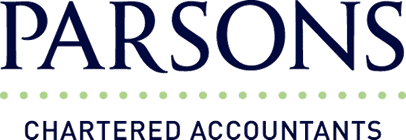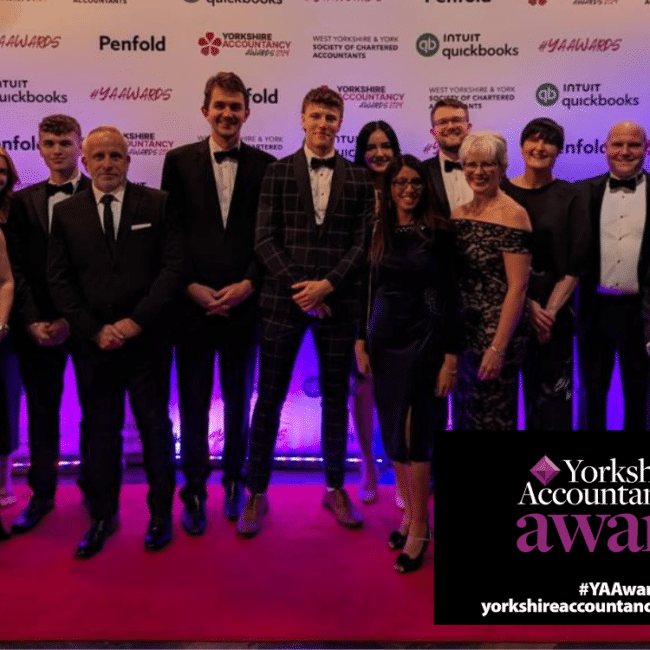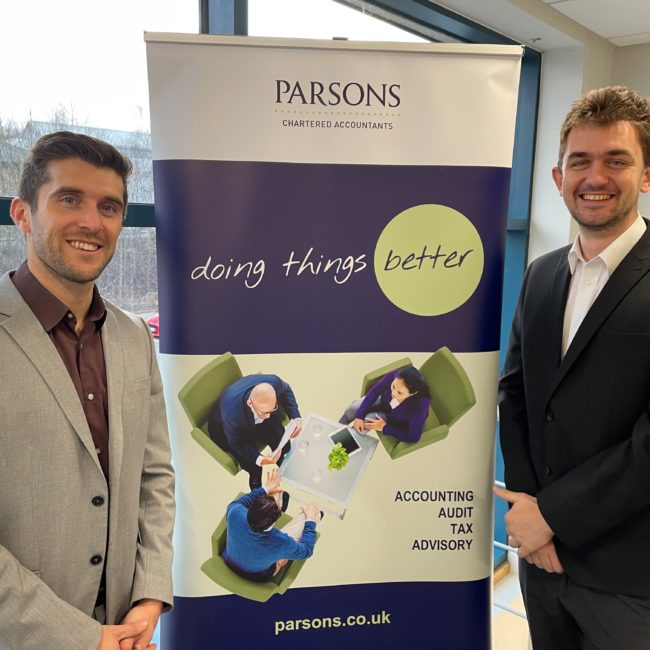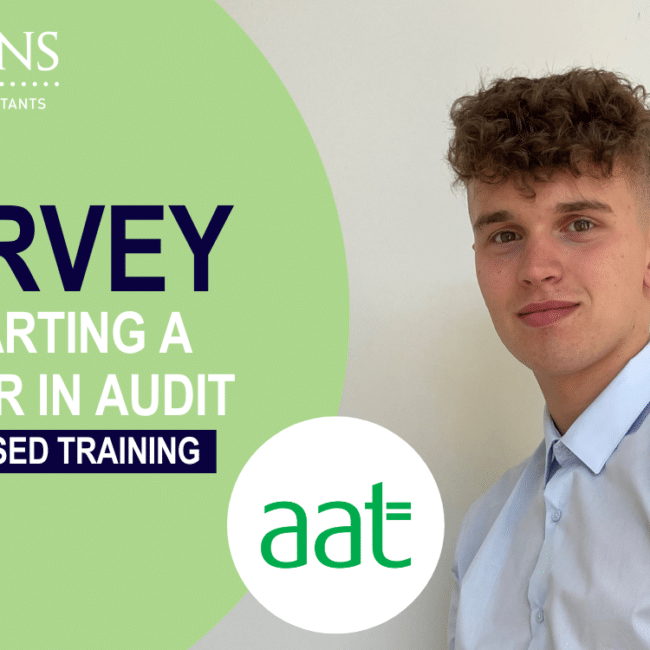
Accountant vs. Chartered Accountant – what’s the difference?
What is the difference between an Accountant and a Chartered Accountant?
In our industry, clients often ask about the difference between an accountant and a chartered accountant. Are they the same thing, and do we all offer the same service? The simple answer is no.
An accountant will usually offer straightforward support with day-to-day services such as annual tax returns or invoicing. They will have some formal training, an apprenticeship, or years of experience working in accounting.
One of the main differences between an accountant and a chartered accountant is that the latter will hold professional accreditation. This is a chartered status similar to other professions. They must adhere to the highest professional and ethical codes of conduct and usually offer specialist accountancy services.
Typically, a chartered accountant is more highly qualified. They may be a member of other professional bodies and undertake ongoing CPD to retain professional competency. They are often covered by indemnity insurance too.
Accountant vs. Chartered Accountant. Which is better?
It depends on your needs. If you require simple individual or small business financial support, an accountant may be the best option. However, a chartered accountant brings with them more specialist knowledge and services.
A chartered accountant can assist with more complex topics and transactions such as financial management and cash-flow forecasting, forensic accounting, and corporate finance (such as mergers and acquisitions, tax mitigations, insolvency, or reinvestment). They will seek a high level understanding of a business owner’s business and personal financial affairs, in order to advise on the full picture. They will then be able to guide on matters such as how to exit, retire from or pass on the business when that time comes.
Along with their high level qualifications a chartered accountant will often offer specialist experience in the complexities of your business sector. Investment in their additional experience and skills is worthwhile as it could mitigate costly risks for your business in the long run, both legally and financially.
At Parsons Chartered Accountants, we offer a broad set of services which include auditing, business services such as bookkeeping and payroll management, corporate finance services and accountancy support. Our taxation services keep you on the right side of HMRC and advise you on matters from Inheritance Tax to Corporation Tax and everything in-between. Our outsourced finance function also places dedicated senior Chartered accountants into client businesses where we see a need for an in-house finance function. We pride ourselves on our commitment to getting to know you and your business and helping you achieve prosperity in your personal and business affairs.
What qualifications does a chartered accountant need?
Technically, an accountant doesn’t need to attain a specific qualification to use the title. Some gain foundation-level qualifications or years of hands-on experience, although all need to follow the Financial Reporting Council (FRC) UK Corporate Governance and Stewardship Codes.
In the UK, a chartered accountant will instead hold higher-level qualifications in financial management from approved regulators, the Institute of Chartered Accountants in England and Wales, the Institute of Chartered Accountants of Scotland, or Chartered Accountants Ireland.
What is a ‘certified accountant’?
Sometimes, the term ‘chartered certified accountant’ or ‘certified accountant’ is also used. These individuals also have high-level qualifications but are members of the Association of Chartered Certified Accountants.
All such professionals will complete up to five years of in-depth work experience and intensive training to gain accreditation and earn titles such as Associate or Fellow Chartered Accountant (ACA/FCA) or Certified Chartered Accountant (ACCA/FCCA).
Either way, a chartered or certified accountant comes with the reassurance of being a registered member of a professional body.
How do I become a chartered accountant?
From a career point of view, a key difference between an accountant and a chartered accountant is that the more highly qualified can command a higher salary in line with significant responsibilities, but this involves hard work and years of training.
To qualify as a chartered accountant, you must obtain a professional accountancy qualification (either ACCA or ACA). These programmes require individuals to complete at least three years of experience in the workplace while passing a series of challenging exams.
At Parsons, we currently have 10 trainee accountants who bring vital skills and keep our business up-to-date. We are passionate about supporting the next generation of accountants, easing their transition into the profession, sustaining our industry, and giving Parsons a robust succession plan. They are supported by a team of experienced and qualified chartered accountants, and their development is encouraged all the way to chartered status and beyond with regular continuous professional development training. This gives our new talent the best start in their careers, and our clients the best service.







